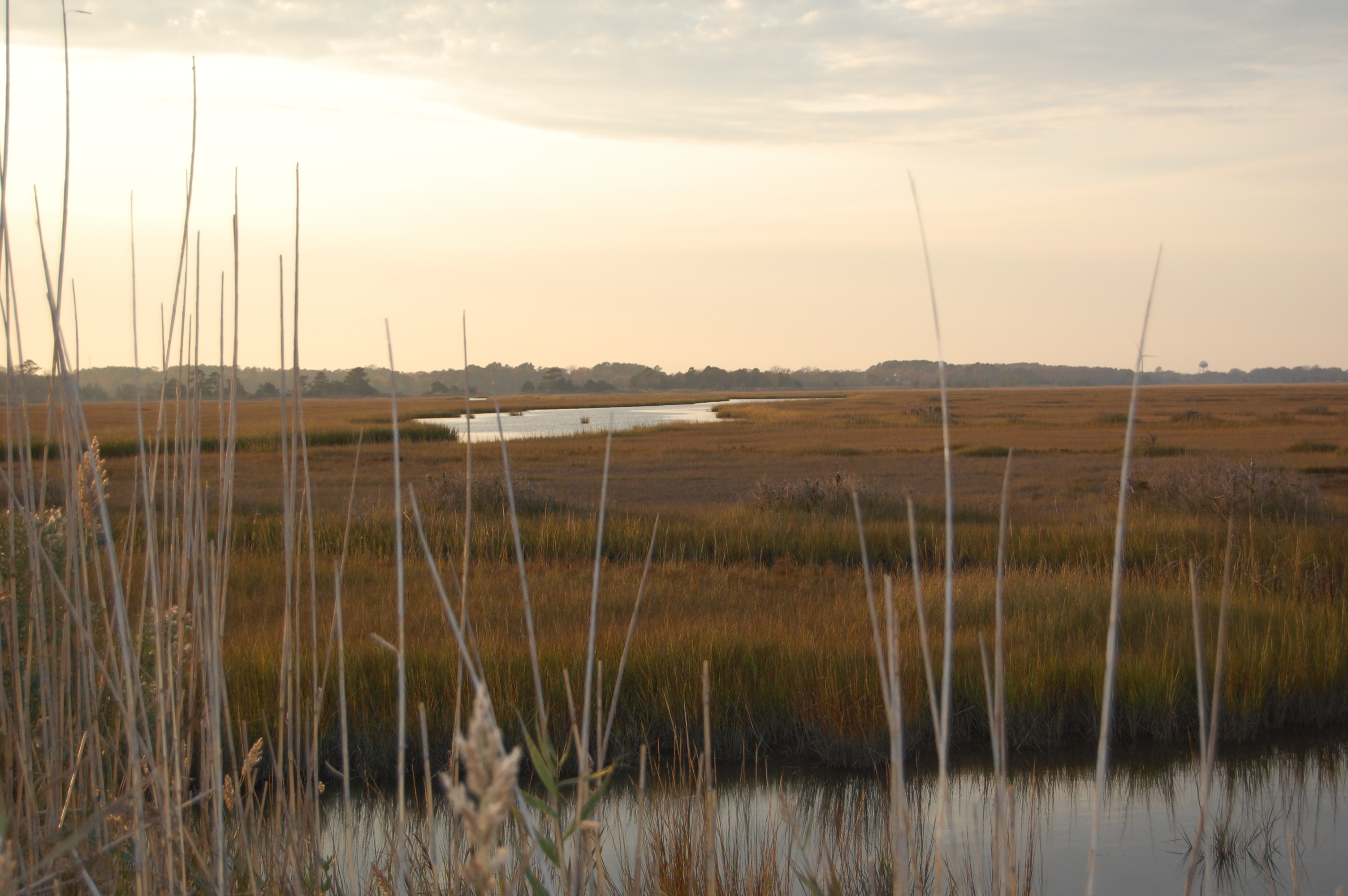News from the Staff and Management Board
The ACJV Management Board met for their annual Spring board retreat with one clear goal – to identify a suite of species that would become the collective focus of the ACJV partnership’s conservation efforts. With 16 states and territories – and habitats ranging from mangrove swamps to boreal forests – the Joint Venture is truly expansive. Partners recognize that to move the needle on conservation across such a large scale, we need to be as strategic as possible.

Saltmarsh Sparrow is the only endemic species in the Atlantic Coast Joint Venture. Photo by Brian Henderson
Board members devoted nearly a full day to identifying the ACJV’s strategic priorities. Coastal marshes quickly rose to the top as this habitat occurs in nearly every Joint Venture state and supports a suite of highly vulnerable species, including the JV’s only endemic bird species – Saltmarsh Sparrow. Coastal marshes are facing significant threats from sea-level rise, urbanization and invasive species. As a result, many marsh species are in steep decline.
Through coordinated conservation efforts across the flyway, the ACJV aims to address these conservation challenges by focusing on three flagship species: Saltmarsh Sparrow, Black Rail, and American Black Duck. These species were chosen because of the threats they face and the breadth of marsh habitats and priority species they represent. Our goal is to set measurable population objectives and derive habitat objectives needed to achieve population goals. In this way, we can ensure we are protecting and restoring the most appropriate habitat to boost species populations.
These priorities build on many years of wetland conservation successes undertaken by the Joint Venture throughout the flyway, including protecting or restoring more than 2 million acres through the North American Wetland Conservation Act Grant Program as well as the development of multiple tools to aid American Black Duck conservation efforts. The new priorities will lead to greater conservation impact through improved coordination and focus across the partnership. JV partners will apply their collective resources to better support or launch habitat conservation initiatives to advance marsh and marsh bird conservation on a flyway scale.

